Jerry H. Bentley was professor of history at the University of Hawai`i and editor of the Journal of World History. His research on the religious, moral, and political writings of the Renaissance led to the publication of Humanists and Holy Writ: New Testament Scholarship in the Renaissance (Princeton, 1983) and Politics and Culture in Renaissance Naples (Princeton, 1987). More recently, his research was concentrated on global history and particularly on processes of cross-cultural interaction. His book Old World Encounters: Cross-Cultural Contacts and Exchanges in Pre-Modern Times (New York, 1993) examines processes of cultural exchange and religious conversion before the modern era, and his pamphlet Shapes of World History in Twentieth-Century Scholarship (1996) discusses the historiography of world history. His most recent publication is The Oxford Handbook of World History (Oxford, 2011), and he served as a member of the editorial team preparing the forthcoming Cambridge History of the World. Jerry Bentley passed away in 2012, although his legacy lives on through his significant contributions to the study of world history. The World History Association recently named an annual prize in his honor for outstanding publications in the field.
Herbert F. Ziegler is an associate professor of history at the University of Hawai`i. He has taught world history since 1980. He has previously served as director of the world history program at the University of Hawai`I, as well as book review editor of the Journal of World History. His interest in twentieth-century European social and political history led to the publication of Nazi Germany’s New Aristocracy: The SS Leadership, 1925–1939 (Princeton, 1990) and to his participation in new educational endeavors in the history of the Holocaust, including the development of an upper-division course for undergraduates. At present, he is working on a study that explores, from a global point of view, the demographic trends of the past ten thousand years, along with their concomitant technological, economic, and social developments. His other current research project focuses on the application of complexity theory to a comparative study of societies and their internal dynamics.
Heather E. Streets-Salter is an associate professor of history at Northeastern University, where she is the director of world history programs. She is the author of Martial Races: The Military, Martial Races, and Masculinity in British Imperial Culture, 1857–1914 (2004), and Modern Imperialism and Colonialism: A Global Perspective (2010) with Trevor Getz. Her current research explores imperialism and colonialism as global phenomena through a focus on the administrative, political, and ideological networks that existed among French Indochina, the Dutch East Indies, and British Malaya, between 1890 and 1940.
Contributor Craig Benjamin (PhD, Macquarie University) is an associate professor of history in the Meijer Honors College at Grand Valley State University in Michigan. Benjamin is a frequent presenter of lectures at conferences worldwide and is the author of numerous publications, including books, chapters, and essays, on ancient Central Asian history, big history, and world history. In addition, Benjamin has presented and recorded lectures for the History Channel, The Teaching Company, Scientific American, and the Big History Project. He is currently a co-chair of the Advanced Placement World History Test Development Committee, president of the World History Association (2014–2015) and has been treasurer of the International Big History Association since its inception in January 2011.
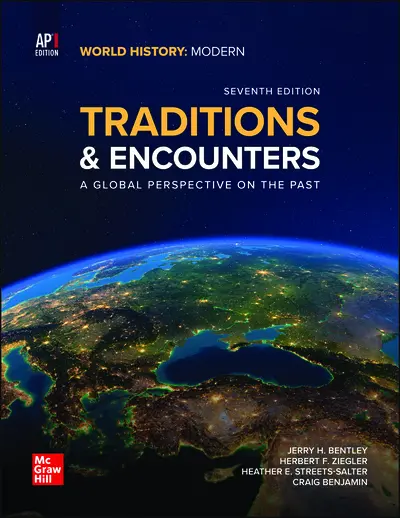











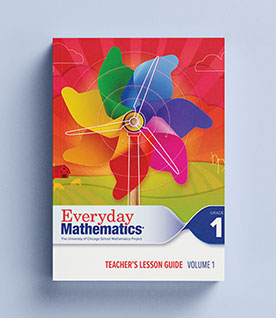





























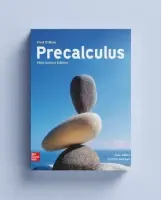

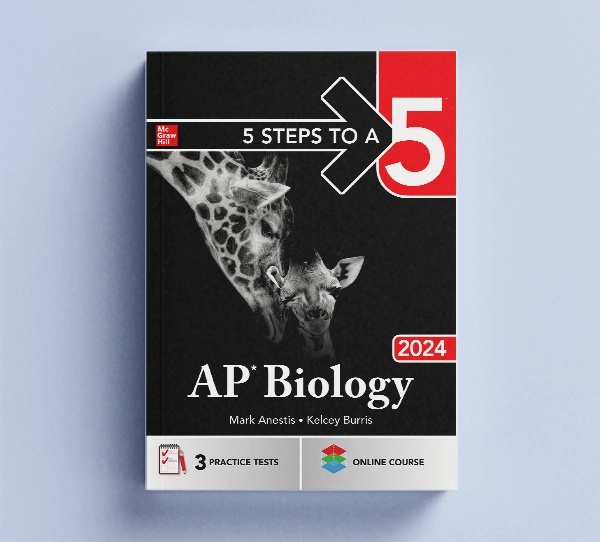
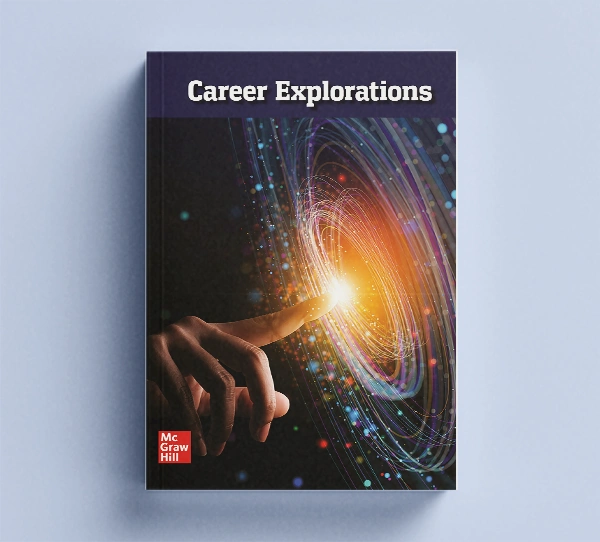


Social Studies
View all Social Studies Programs
IMPACT (K–5)
Actively Learn (3–12)
New Social Studies (6–12)
Networks (6–12)